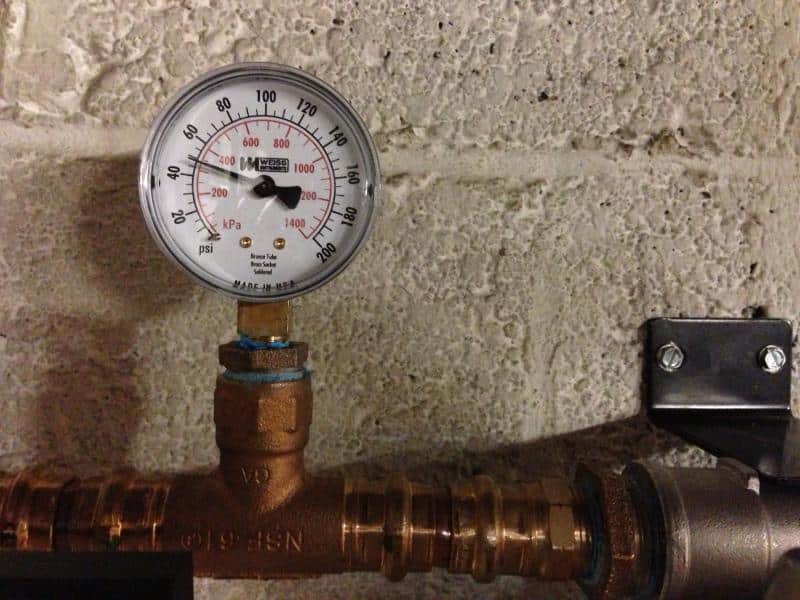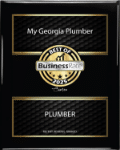
How to Test and Maintain Your Home's Water Pressure
As a homeowner, it's important to perform routine maintenance tasks to ensure the optimal functioning of your household. From changing smoke detector batteries to replacing air filters, there's another task you should add to your list – testing your water pressure. In this article, we'll explain why water pressure is crucial, the potential issues it can cause, and guide you through a simple process to test your home's water pressure.
Understanding the significance of water pressure is essential before testing it:
- The Impact of Low Water Pressure: Low water pressure can result in noticeable inconveniences and affect daily activities.
- The Dangers of High Water Pressure: Excessively high water pressure can lead to costly repairs and potential water damage.
Testing Your Water Pressure: With a water pressure gauge and a few simple steps, you can easily assess your home's water pressure.
- Prepare for the Test: Before proceeding with the test, ensure that no water is running in or outside your home.
- Turn off all faucets, showerheads, and appliances that use water.
Attach the Water Pressure Gauge Transition: Properly connecting the water pressure gauge is crucial for accurate results.
- Screw the water pressure gauge onto the hose bibb, similar to attaching a hose.
- Ensure a tight seal for accurate readings.
Conduct the Test: Once the gauge is securely attached, you can proceed with testing the water pressure.
- Turn on the faucet and check for any leaks.
- If leaks occur, turn off the faucet and tighten the gauge using your hands or pliers.
Note the Reading: Observing and recording the water pressure reading will help you determine if adjustments are needed.
- Look at the gauge and make a note of the reading.
- The recommended water pressure range for homes is typically between 45 and 55 pounds per square inch (PSI).
Addressing Water Pressure Issues: Depending on the reading, you may need to take further action to adjust your water pressure.
- If the reading falls outside the recommended range, it's advisable to address the issue.
- Consult a professional plumber for assistance in increasing or lowering the water pressure if necessary.
Regularly testing your home's water pressure is a simple and cost-effective way to ensure the health of your plumbing system and enhance your daily comfort. By following these straightforward steps and seeking professional assistance if needed, you can maintain optimal water pressure in your home and prevent potential issues down the line.











